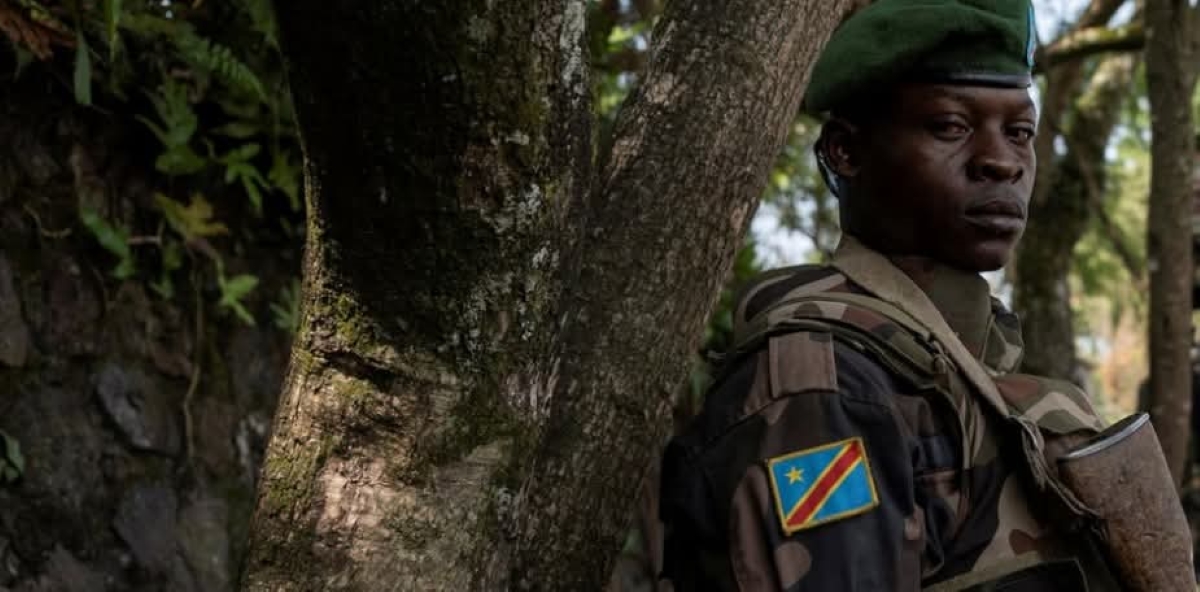The Democratic Republic of Congo is facing a deepening financial strain in revising its national budget to address soaring military costs.
Ongoing conflict with Rwandan-backed M23 rebels in the east means rising costs of defense.
The revised “combat budget,” currently under parliamentary debate, reveals a significant tax revenue shortfall, with rebel control over key borderlands crippling the country’s fiscal capacity.
As Congo battles to maintain sovereignty and equip its troops, the economic toll of the war threatens to destabilize an already fragile nation, drawing global attention to its struggle for stability.
DR Congo military spending has skyrocketed, with over USD 1 billion allocated in the first four months of 2025 alone to counter the M23 rebels’ offensive, which has seized roughly 40 percent of the country’s eastern territories.
The revised budget reflects a desperate push to fund troop salary increases and procure arms, but army officers report persistent shortages of food and ammunition, hampering frontline efforts.
The conflict’s intensity has forced the government to prioritize defense, with military costs now outpacing other sectors, straining public finances already weakened by years of mismanagement and corruption.
March 23 rebels’ control of eastern borderlands, a critical economic hub, has slashed tax revenues to just 12.5 percent of GDP, far below projections.
The closure of tax offices in rebel-held areas has exacerbated the shortfall, leaving the government with a projected 1.2 percent budget deficit.
This fiscal crisis, compounded by opaque arms spending, has raised alarms among international observers, who warn that Congo’s economic stability is at risk.
The revised budget, scaled back to reflect lower revenue expectations, underscores the dire impact of the conflict on the nation’s financial health.
The war’s economic fallout extends beyond the battlefield, with displaced communities and disrupted trade deepening poverty in a nation rich in minerals like cobalt and gold.
The budget cuts have sparked concerns about reduced funding for essential services like healthcare and education, further burdening Congo’s 100 million citizens.
The government’s struggle to balance military needs with domestic priorities has fueled public frustration, with many questioning whether peace and governance can be achieved without addressing systemic issues.
Observers have expressed worry over Congo’s fiscal challenges, noting that the conflict’s strain on public finances could deter investors despite the country’s mineral wealth.
The revised budget, now under scrutiny in parliament, faces pressure to deliver both security and economic relief. As Congo navigates this crisis, the resilience of its people and the government’s ability to adapt will be critical in preventing further instability in the heart of Africa.
Congo’s revised “combat budget” lays bare the crippling costs of its war against M23 rebels, with rising military expenses and a severe tax revenue shortfall threatening economic stability.
As the government reallocates resources to bolster its forces, the loss of eastern territories has gutted fiscal capacity, leaving parliament to grapple with tough choices. The crisis underscores Congo’s urgent need for peace and effective governance to unlock its vast potential, with the world watching as the nation fights to reclaim its future.

